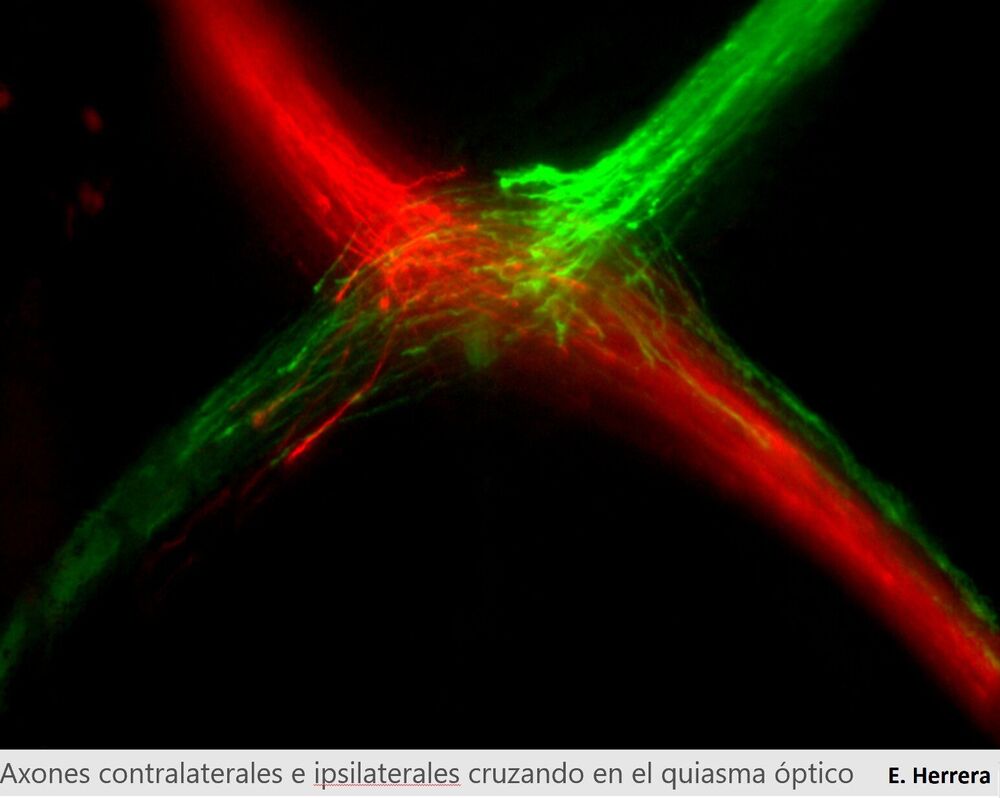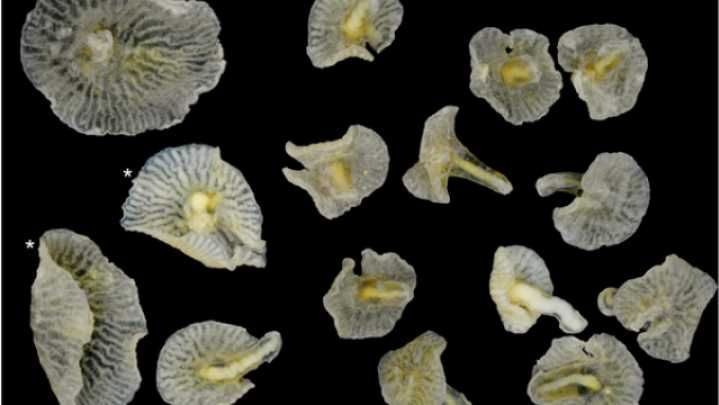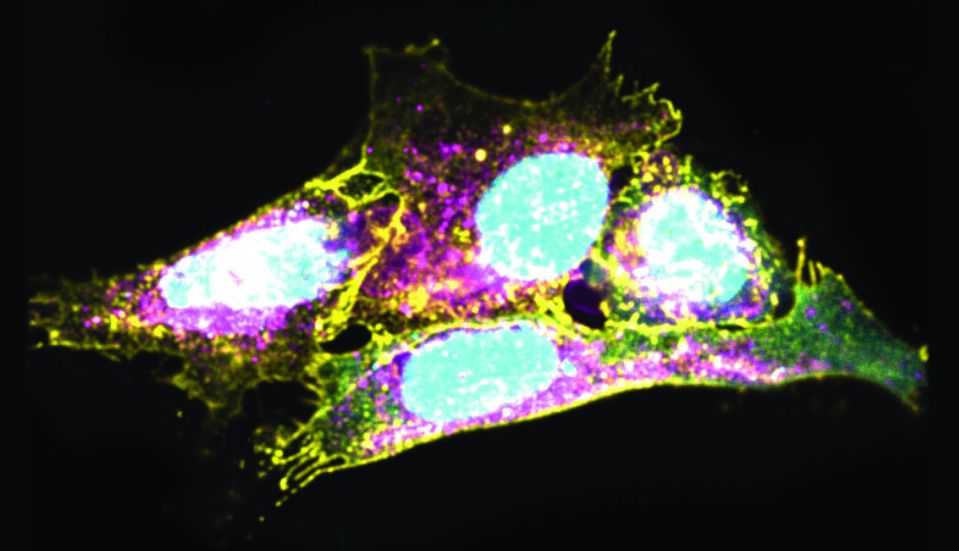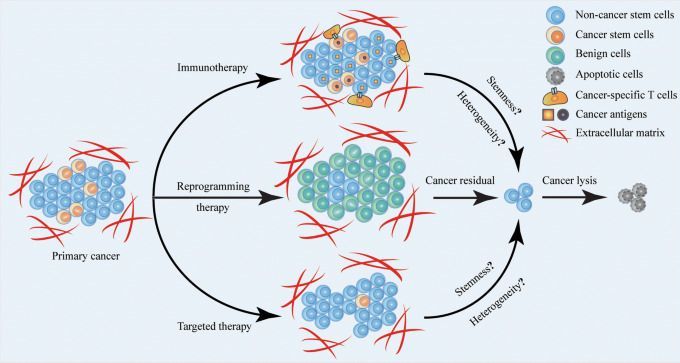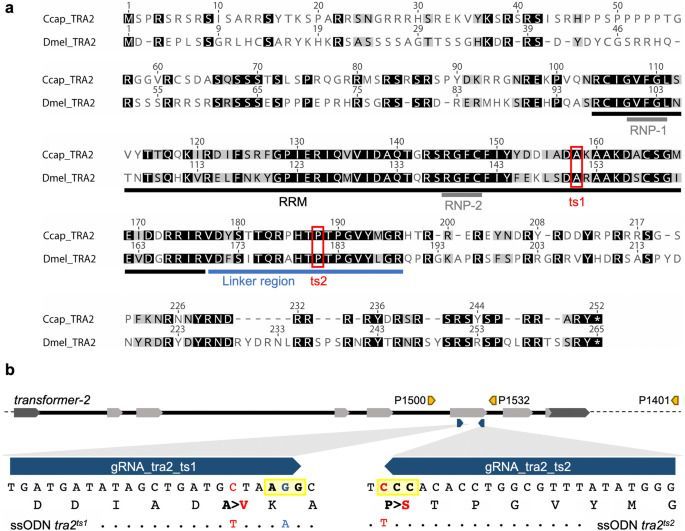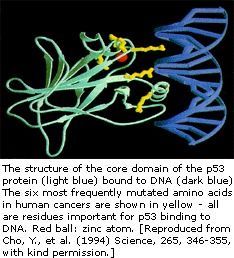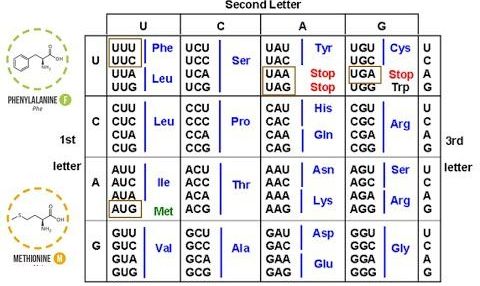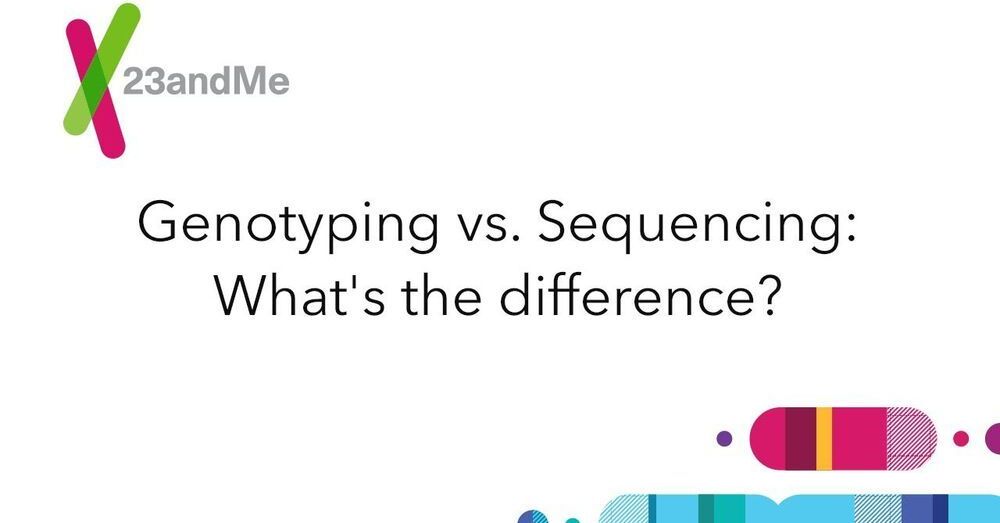Nov 17, 2020
Genetic Adam and Eve did not live too far apart in time
Posted by Quinn Sena in categories: biotech/medical, genetics
Circa 2013
The Book of Genesis puts Adam and Eve together in the Garden of Eden, but geneticists’ version of the duo — the ancestors to whom the Y chromosomes and mitochondrial DNA of today’s humans can be traced — were thought to have lived tens of thousands of years apart. Now, two major studies of modern humans’ Y chromosomes suggest that ‘Y-chromosome Adam’ and ‘mitochondrial Eve’ may have lived around the same time after all1, 2.
When the overall population size does not change (as is likely to have happened for long periods of human history), men have, on average, just one son. In this case, evolutionary theory predicts that for any given man there is a high probability that his paternal line will eventually come to an end. All of his male descendants will then have inherited Y chromosomes from other men. In fact, it is highly probable that at some point in the past, all men except one possessed Y chromosomes that by now are extinct. All men living now, then, would have a Y chromosome descended from that one man — identified as Y-chromosome Adam. (The biblical reference is a bit of a misnomer because this Adam was by no means the only man alive at his time.)
Continue reading “Genetic Adam and Eve did not live too far apart in time” »

